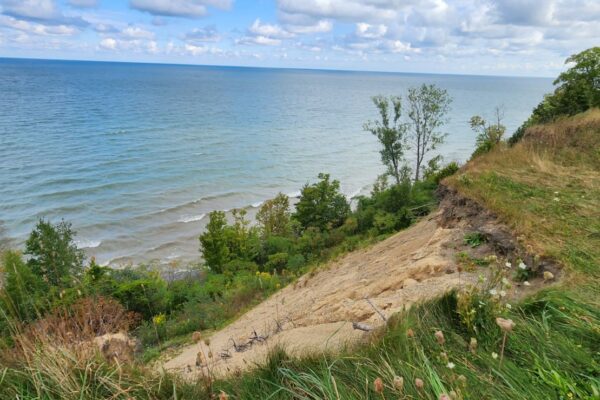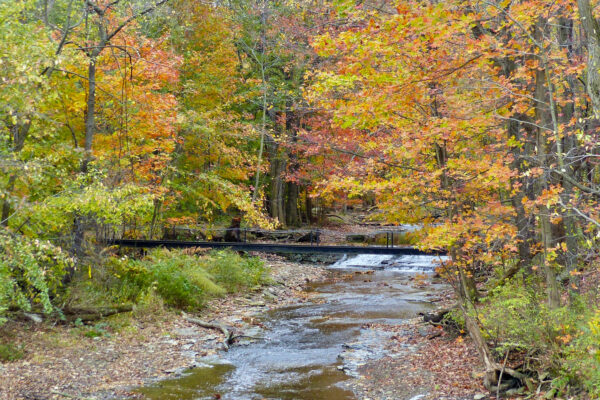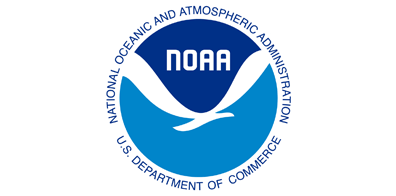Land Use
Pennsylvania’s aquatic habitats play a critical role in three of the world’s greatest water resources – the Lake Erie, Delaware River, and Susquehanna River watershed ecosystems.
The rapid pace of coastal development, greater demands on fisheries resources, and other human activities are leading to a host of ecological impacts including degraded water quality, increased demands on existing water supplies and fisheries, wetland and habitat loss, and the spread of invasive species. It is essential for decision-makers to understand the interconnectedness and interactions of these systems to maintain vital habitats and inform restoration efforts within ecosystems and watersheds.
Natural resource managers and decision makers face political and ecosystem challenges in attempts to keep coastal ecosystems healthy. Responsible management of these systems requires new ways of thinking and actions, often termed ecosystem-based management. New approaches require unprecedented levels of coordination and collaboration among international, federal, state, and local jurisdictions and the active engagement of the people who live, work, and recreate along our coasts. They also require an understanding of the characteristics of species, landscapes, and their interactions within each ecosystem. Pennsylvania Sea Grant is a leader in developing regional approaches to understanding and maintaining healthy coastal ecosystems. Our staff directs efforts to identify information gaps across the Commonwealth, implements research priorities to address those gaps, and coordinates information and technology transfer to the people who need it.






